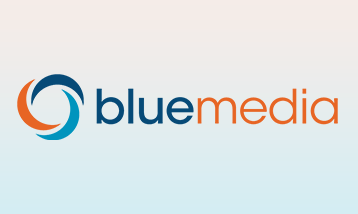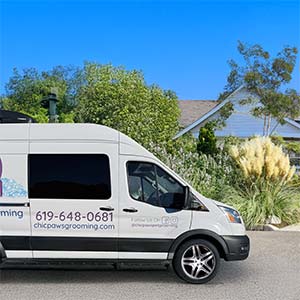Read more articles at OnBaze:

Successful SEO
Search engines such as Google are proud to announce that they have indexed the whole web in their database. With this amount of automatically indexed information, search engines are forced to provide the user with a qualitative listing of their request. Therefore, search engines try to fulfill the user demand by providing relevant information on their Search Engine Result Pages called SERP.
The goal of the search engine is no longer to list only quantitative information, but to obtain the user's satisfaction by listing the information that is needed.
Providing relevant information, however, means that the search engine must inevitably have to evaluate the content of pages according to relevance or quality. As they are billions of websites and pages in the web, it's not possible for an editorial team to take over this task - considering that billions of information must be renewed and updated within a very short time. Search engines, especially the most successful Google, use specially developed algorithms for the automatic evaluation of websites, their pages and content.
While search engines are trying to evaluate content as reliably as possible, an industry called Search Engine Optimization (SEO) has grown since 2001 to optimize the efforts of website owners.
Companies who have the necessary advertising budget can buy placements by paying for AdWords of course. But another way to draw attention to websites and its content is to make Google understand the value of it, and to get ranked on top of the Search Engine Result Pages organically, i.e. without paying a cent for AdWords.
Since the user expresses a clear interest in a certain product or topic through its search query, SEO aims to address the exact target group without scattering losses.
Sponsored Links and AdWords
Companies that want to have a high position in search engines at any price, have the possibility to buy a position of the listing related to the search query by using AdWords - this method is called SEM (Search Engine Marketing). However, the sponsored links are also flagged as such. If a user types a certain keyword, the result pages will show "Sponsored Links". This way the user knows that the displayed results are not based on an organic result but because somebody paid good money for it.
Organic SEO
Websites that are being maintained by professional SEOs have a much higher chance to get be ranked on top of Google. A well-placed website in a search engine has the advantage that it will produce no costs such as PPC (Pay Per Click).
In order to be listed organically in search engines such as Google, SEOs have to ensure that the website follows Google's SEO guidelines and provides valuable content.









 Gradient Overlay are Bad for SEO
Gradient Overlay are Bad for SEO How Title Tags Can Capture Traffic
How Title Tags Can Capture Traffic The Importance of H1 and H2 in SEO
The Importance of H1 and H2 in SEO How to Use the Right Competitive Keywords in SEO
How to Use the Right Competitive Keywords in SEO The More Pages a Website Has, the Better?
The More Pages a Website Has, the Better?